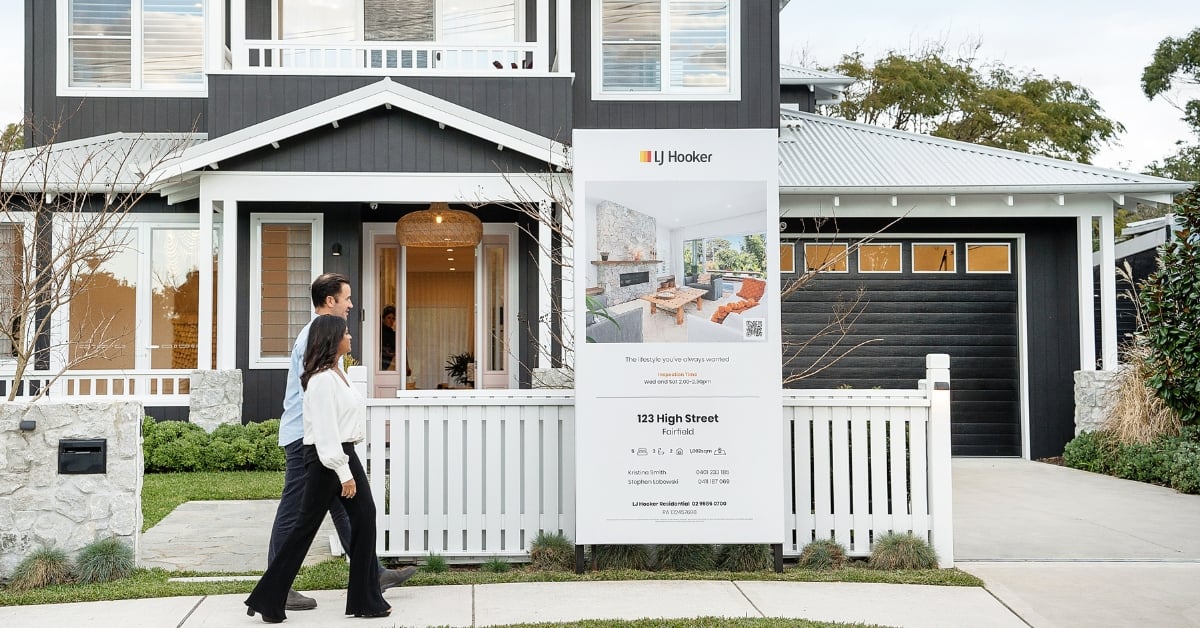First Home Buyer FAQs
What are the costs of buying real estate?
The main cost of buying real estate is obviously the cost of the property.
Most first home buyers are recommended to save a minimum 10% deposit. Some lenders will allow you to borrow when you have saved 5% deposit but they may make you pay other charges such as lenders mortgage insurance.
Other costs include (please note these are approximate)
- Mortgage registrations: $90
- Establishment / application fees for your home loan: approx. $600
- Rate lock fee – approx. $395
- Settlement attendance fee: $100
- Lenders mortgage insurance: Variable
- Valuation of property: $200
- Conveyancing / solicitor fees: $1000
- Building inspection report: $300
- Pest inspection report: $200
- Connecting telephone / internet: $100
- Removalist fees: $1000
What is stamp duty and do I need to pay stamp duty as a first home buyer?
Stamp duty is a charge that is applied to the sale of residential property by state governments, however luckily in most cases they have been abolished or reduced for first home buyers. There are often conditions attached to the exemption packages so make sure you check these out in your state or territory.
What is the first home grant?
The first home owner grant in Australia is designed to encourage and assist home ownership. The grant differs in each state and territory and in most cases applies to new homes only. Make sure you find out what your state and territory offer as it can make a big difference to you.
Why should you use the first home owners grant?
The costs associated with purchasing your first home can add up to a significant amount. The grant is free funding, not a short term loan that you have to pay back to the government. Each state and territory varies with how much they will offer you. Funding is usually paid to you once your property has reached settlement, so it’s a good idea to consider how you will use it before you lodge your application. Most states have shifted their focus for the grant to the purchase or construction of brand new homes. This may influence your purchasing decision, so do your research early.
How much deposit do I need for a home loan?
The deposit you save has a big impact on the amount of money you can borrow, your interest rate and the other costs you may have to pay for your loan. For instance, if you save 20% of your deposit, the bank may offer you a better interest rate because you are less of a risk to them. You will also avoid paying lenders mortgage insurance because your loan to value ratio is 80% or less. If 20% seems too much, it is recommended to have a 10% deposit saved.
It is advisable to begin saving for your deposit well in advance so you can act quickly once you find a suitable property. Look at where your money is going each month and eliminate any unnecessary spending or debts. Plus, set goals for both the figure you want to save and the amount of time you want to take.
How much can I afford?
As a first home buyer understanding how much you can afford to borrow is important. Remember how much you can afford and how much you can borrow are two different things. For example, you may be able to borrow $450,000 but you need to ensure you can keep up with the repayments in your household budget down the line. There are number of tools and resources that you can use to determine how much you can afford to borrow.
How much you can afford will depend on some of the following factors:
- Any income
- Employment status
- Level of personal debt
- Credit record
- Any asset or investments
- LJ Hooker Home Loans can help you work this out.
What is a fixed home loan?
This is when your interest rate is tied to a fixed interest rate and requires that you sign a contract stating you will pay a certain amount for a fixed period of time – six months to five years.
Benefits of fixed home loan
Good option if the interest rates are low as you can lock them in for a period of time.
Good option for those looking for consistency in payments
Can live to a household budget
Protects you from rises in interest rates
Downside of Fixed home loans
If interest rates decrease, you will be tied to the higher rate that you signed up for
Generally, you can only make a small number of additional repayments to your loan
Some of the loan feature can be quite limited
What is variable home loan?
These home loans are tied to a floating interest rate, which means the amount you pay each month can change.
Benefits of variable home loan
Interest rates can fluctuate to a low level, which means you could pay less than a you would on a fixed rate
Higher degree of flexibility and features, such as additional repayments and redraw facilities
Allows you to pay off your loan faster with additional payments
Downside of the variable home loan
Your repayments can increase if interest rates rise
Less certainty and control over your finances as repayments can change
General variable interest rates can be higher than fixed ones
What is a split home loan?
A split home loan offers you the best of both worlds, with a mixture of features from both a fixed a variable rate.
Benefits of a split loan
Get the best of both worlds – features from both variable and fixed rate loans
Can fall back on a fixed interest rate if your variable rate rises
You can pay off the variable rate fast through additional repayments
Downside of split home loan
The number of additional repayments can be limited
You need to get the split ratio correct so that you fully benefit from having both types of interest rates
Your repayments can still increase slightly if variable rates rise.
What is a low doc loan?
A low doc loan is best suited to those who are self-employed, work on a casual basis, or do not have sufficient amount of financial documentation to complement their home loan application.
Generally tied with a higher interest rate than other types of loans.
What is a honeymoon loan?
This loan is usually associated with a special offer or introductory rate.
Generally, ties to a very low interest rate for a fixed period of time (about 12 months) to help first home buyers get their footing. It may revert to a higher rate once the honeymoon period is over.
What are the different ways to buy a property?
Buying a home by Private treaty
Also known as a private sale, this selling method requires the vendor (or seller) to set a price from the start of their campaign. This enables them to receive and consider offers from prospective buyers throughout the time the property is listed for sale. As a prospective buyer, you can submit an offer through the real estate agent to the owner and potentially negotiate the price. Once the offer has been accepted by the owner, there is a cooling off period. This is when certain conditions must be met in order for the sale to go through, such as obtaining finance or a sound home inspection.
Buying a home at Auction
An auction is a gathering of buyers who publically bid for a property. It is conducted by an auctioneer who is usually a licenced real estate agent. Buying a property at auction is very different to other property purchase methods and it is important that you understand the process. Read our Buying at Auction Guide here.
Buying a home by tender or expression of interest
These two selling methods are quite similar to private treaty, but they are usually associated with premium properties. They are more formal and both require written offers passed through the agent to the owner.
Expression of interest
You must send an expression of interest document on a specific date. The property price is not always advertised.
Tender
Buyers need to submit a formal proposal as a response to the seller’s tender price. Buyers compete against one another by submitting offers, but neither party knows how much others are offering, similar to a silent auction.
DISCLAIMER - The information provided is for guidance and informational purposes only and does not replace independent business, legal and financial advice which we strongly recommend. Whilst the information is considered true and correct at the date of publication, changes in circumstances after the time of publication may impact the accuracy of the information provided. LJ Hooker will not accept responsibility or liability for any reliance on the blog information, including but not limited to, the accuracy, currency or completeness of any information or links.




